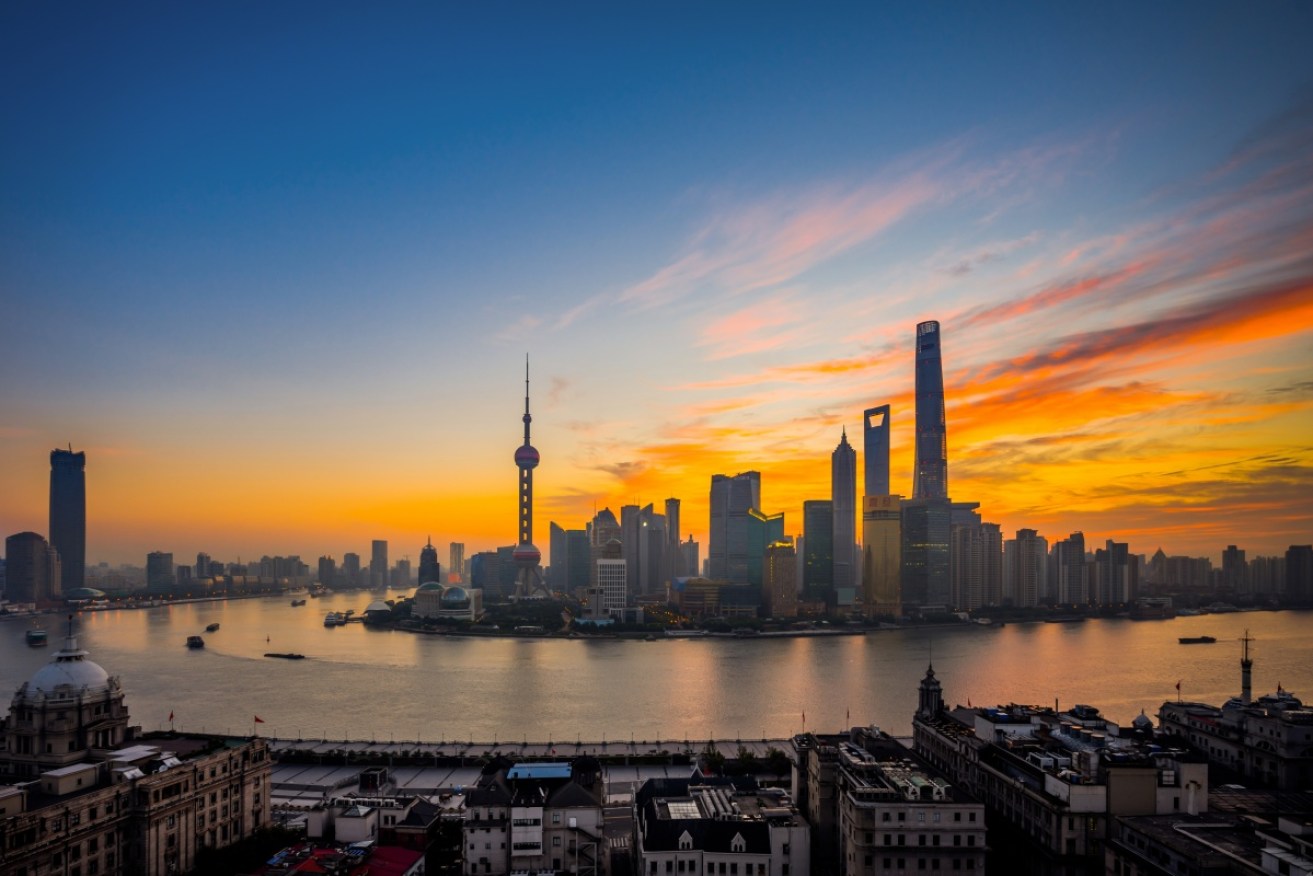Australia-China economic ties become frayed


The view is different in shanghai and Whyalla. Photo:Getty
Prime Minister Malcolm Turnbull was engaged this week in high-level trade talks with Chinese President Xi Xinping, spruiking various aspects of our $150 billion trade relationship.
That’s a staggering 32 per cent of Australia’s exports.
And when you think that there was $15.09 billion worth of Chinese investment in Australia last year, our bond with the powerhouse is a cornerstone of our economy.
But if you look beyond the gloss of these meetings in Shanghai and Beijing, the strain of the relationship has been on show.
• Scott Morrison confirms tax hikes in the federal budget
• Shorten challenges Turnbull to raise steel issue
• PM raises South China Sea dispute during visit
Real estate is a huge area of interest, but the Reserve Bank of Australia fired a warning shot on Friday afternoon, pointing to the apartment glut, particularly in Melbourne and Brisbane.
Areas of risk here involve “the large recent expansion in supply as well as the practice of buying  off-the-plan, which increases the risk of price declines should a large volume of apartments return to the market if the original purchasers fail to settle”.
off-the-plan, which increases the risk of price declines should a large volume of apartments return to the market if the original purchasers fail to settle”.
Apartments are fragile
With foreign investors, many of whom are Chinese, buying up to 20 per cent of new apartments, an extra element of risk comes into the market, the RBA said in its half yearly update.
“A substantial reduction in Chinese demand would likely weigh most heavily on the apartment markets of inner-city Melbourne and parts of Sydney, not only because Chinese buyers are particularly prevalent in these segments, but also because other factors would reinforce any initial fall in prices,” the RBA cautioned.
A week ago, opposition leader Bill Shorten made some brave statements that soon were revealed as mere bravado.
“Governments spend a lot on infrastructure. What is wrong with requiring Australian content in the steel,” he said in response to threats to 8000 steel jobs when Whyalla-based Arrium went into administration.
Steel is hurting
But when Labor’s steel manufacturing policy detail was released this week there was no mention of mandated purchase of Australian steel for big projects.
That’s because, as Mr Shorten would have known when he made his statement, forcing the issue with steel procurement would run foul of Australia’s free trade agreements with China and some other countries which have causes barring such activities.
The Prime Minister, in Shanghai, also inadvertently drew attention to that same imbalance in our relationship with the the Asian giant.

The view is different in Shanghai and Whyalla. Photo: Getty
“Today, of course, the modern Shanghai skyline has sprouted more than 1300 steel-reinforced skyscrapers, more than any other city in the planet. And Australia has helped shape this skyline, all that steel was made with help, in many cases of Australian architects, Australian engineers and of course, Australian iron ore,” he said.
That probably rubs raw nerves back in Arrium’s home town of Whyalla where iron ore is mined and exported but local steel is unprofitable. Whyalla Chamber of Commerce and Industry president Ron Hay told The New Daily “we need to be using Australian made steel”.
China’s growth soft
That is becoming harder with “the emergence of over-capacity in steel in other countries like China which is then dumped in Australia,” Mr Hay said.
Mr Turnbull brought up that issue with Premier Li Keqiang who made promises of cuts, but it’s hard for China to rein in its mostly state-owned steel producers given that its own economy is soft and its growth fell to 6.7 per cent in the year to March. That’s the slowest in seven years, but not as bad as some feared.
Some private researchers say China’s economy might really be growing at as little as 4.1 per cent.
The International Monetary Fund is also fretting about China, saying it may have $US1.3 trillion ($1.7 trillion) in loans extended to borrowers that don’t have sufficient income to cover interest payments. That figure involves potential losses equivalent to seven per cent of the country’s economy.









